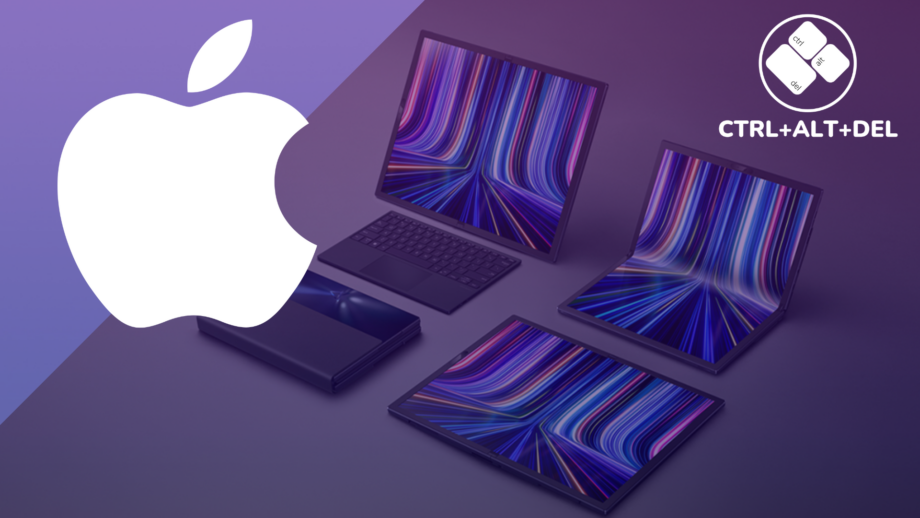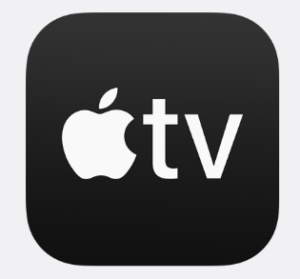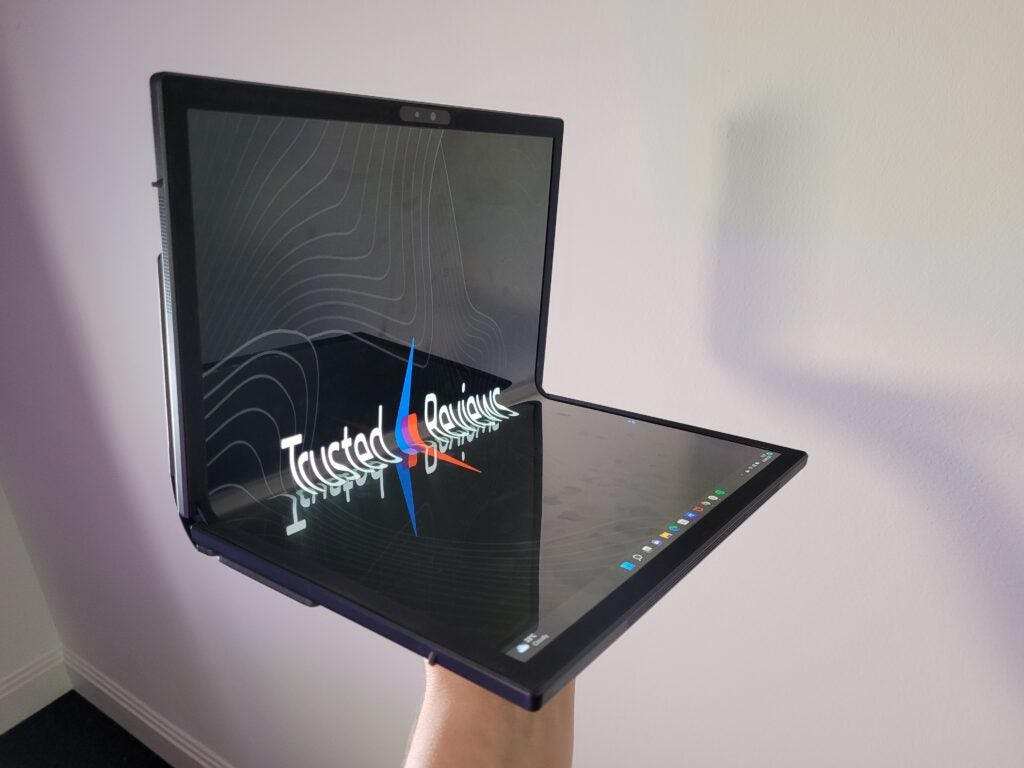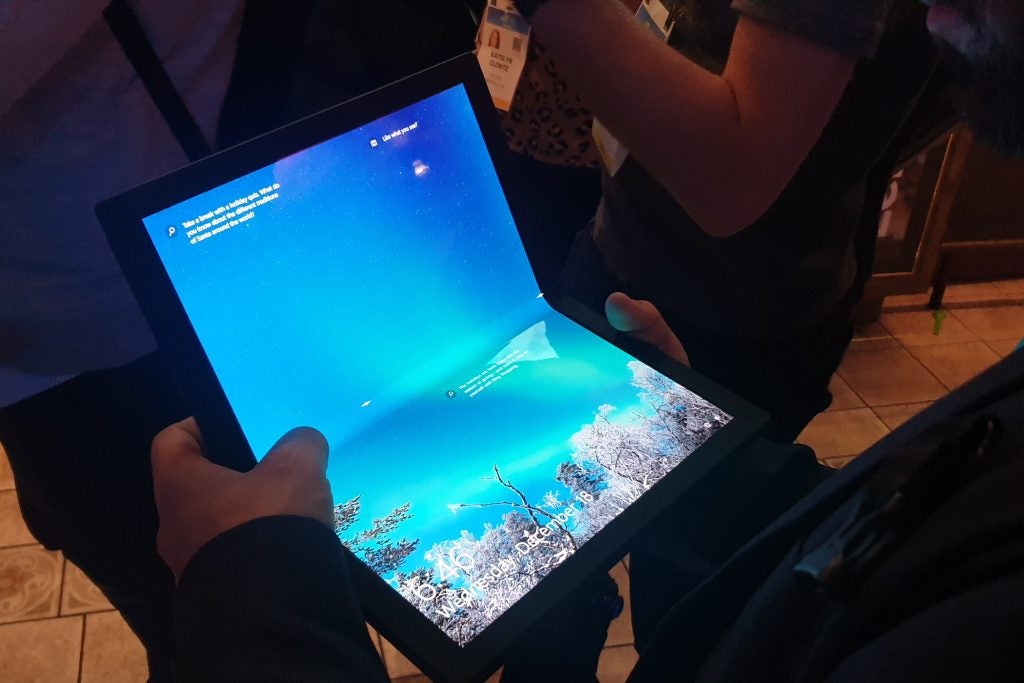Ctrl+Alt+Del: Foldable laptops are bad, and Apple can fix them

Foldable phones have been around for some time now and they are really starting to find their feet. The same can’t be said for foldable laptops. They are still in their infancy but, ultimately, they are bad. But, Apple might be the company to fix that.
There aren’t many foldable laptops on the market right now, with two generations of the Lenovo ThinkPad X1 Fold and the Asus Zenbook 17 Fold OLED being the key players. Having reviewed the Asus and spent some time with both Lenovo models, I can safely say that these devices absolutely aren’t worth upwards of £2000-£3000 – the hefty investment required to pick one of these up.
Despite the cutting-edge foldable aspect of these devices, the rest of the hardware tends to be sub-par, from chunky plastic bezels to poor keyboard accessories. Of course, being in their nascent stage means these can somewhat be viewed as concept devices, so they aren’t going to be flawless right away. We’ve seen it with Samsung and its foldable phones, taking several generations to nail the hardware and managing to bring the cost down on devices like the Galaxy Z Flip 4.
However, I don’t think those currently on the foldable laptop path are headed in the right direction. The sub-genre of laptops needs a refocus. In fact, I think they’d be better off not being viewed as laptops at all, and rumours suggest (via BusinessKorea) it might be Apple and its penchant for turning up late to the party with a clear vision that can fix things. The murmurs suggest we could see a foldable laptop from Apple revealed in 2025 with a launch in 2026.

Apple TV+
The Home of Apple Originals. Enjoy star-studded, award-winning series, films, and more. Grab your 7 day free trial now.
- Apple
- 7-day free trial
- £8.99 p/m
The same logic I’m applying here, for Apple’s crashing of certain categories a few years after other companies have gone through some tough teething problems, could very much be applied to foldable phones too. But, one, this is a Computing column and, two, brands like Samsung, Oppo, Motorola and more have shown competency when it comes to creating foldable that make sense for customers. Foldable laptop makers… not so much.
What Apple can bring to the party completely aligns with what I believe these foldable laptops are best at, and that’s not being laptops at all. A big benefit of these machines is the ability to carry around a large, high-resolution display with you wherever you go, for working at home, at work or, even, in a coffee shop. That’s where I truly enjoy using these machines, as such I think viewing them as a foldable all-in-one PC or, in Apple’s case, a potential foldable iMac is the way to go.

Apple is the best place to do just this as its typical route into a new category is to use its experience in ease-of-use and quality design across both hardware and software to create devices that just work. Apple has already begun its next plan to do just this, with the Vision Pro headset. Apple has swept aside current AR/VR rhetoric to focus on pushing a device that is, above all else, a good experience for the user – no metaverse to sell you ads at every turn.
And this is exactly what foldable laptops need. Both Asus and Lenovo seem obsessed with advertising the flexibility of these devices, such as the different “modes” they can offer. But, that’s much of a muchness if some of the modes are poor user experiences.
One big issue is the keyboard problem. Asus and Lenovo utilise compact Bluetooth keyboards as an accompaniment to these devices, and neither is great. While the alternative, typing directly on the display, is just not a productive and intuitive way to get work done. We’ve seen how Apple has morphed iPads into tablets that can offer great productivity capabilities with its selection of keyboard covers, as such I don’t think Apple would let a poor keyboard wash if it got into this arena.
Further, despite forking out a high price, these devices do currently have the look of prototypes. This is something else I don’t think Apple would dare release – again, look at the Apple Vision Pro. Something akin to a foldable 17-inch iPad could be the foldable desktop-like experience of dreams.
Then there’s the software. In the absence of the never-released Windows 10X that was meant to transform the operating system into something more foldable friendly, both these brands have failed to create a seamless user experience. The Zenbook 17 Fold OLED came with custom software features to try and aid with smooth transitions between modes but it was a clunky solution.

To bang this drum once again, when Apple finally releases any kind of foldable device, it’s clear from the company’s past that it will have thoroughly worked with developers, as well as on its own apps, to make sure they work well and provide key user benefit.
There is one other company that I think could have a good crack at this but, unlike Apple, there are little murmurings of them taking on the foldable laptop gauntlet – and that’s Samsung. It’s made foldable phones work as a realistic purchasing option and it’d be intriguing to see what it’d go with a foldable Galaxy Book-like device, even if it would likely still be held back by Windows’ foldable chops.
Come on Apple, give it a go. A foldable iPhone may be the first logical step for the brand but, if it ever gets around to trying a foldable MacBook or iMac device, its track record on nailing important design decisions across hardware and software for innovative new categories is unmatched.
Ctrl+Alt+Del is our weekly computing-focused opinion column where we delve deeper into the world of computers, laptops, components, peripherals and more. Find it on Trusted Reviews every Saturday afternoon.

